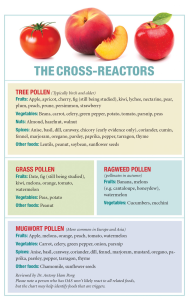
Lice infestations are a common problem, affecting millions of people each year. While lice are often associated with poor hygiene, this is a common misconception. Understanding the causes of lice can help you take steps to prevent future infestations and keep your scalp and hair lice-free. Check this site to choose the best lice treatment for your kids.
Head-to-head contact
One of the primary causes of lice is close head-to-head contact with an infected person. Lice can easily spread from one person to another, especially in close quarters, such as at school, in child care, or during sleepovers.
Sharing personal items
Another common cause of lice is sharing personal items, such as combs, brushes, hats, and headphones. Lice can crawl from one person’s hair to another’s through direct contact with these items.
Poor hygiene
While poor hygiene is not a direct cause of lice, it can increase the risk of infestation. Lice are attracted to dirty hair, and a dirty scalp can provide a comfortable environment for them to live and breed. However, it is important to note that lice can infest even the cleanest hair, so good hygiene practices alone are not enough to prevent infestations.
Underlying health conditions
In some cases, underlying health conditions, such as a weakened immune system, can increase the risk of lice infestations. People with weakened immune systems may have a harder time fighting off lice and may be more susceptible to infestations.
Long hair
Lice are more likely to infest longer hair because it provides more places to hide and lay eggs.
Age
Children between the ages of 3 and 11 are most at risk of lice infestations because of their frequent head-to-head contact and shared personal items.
Resistance to treatments
Some strains of lice have developed resistance to over-the-counter treatments, making it more difficult to eliminate infestations.
Lice infestations can be caused by various factors, including close head-to-head contact with an infected person, sharing of personal items, poor hygiene, and underlying health conditions. Understanding the root causes of lice can help you take steps to prevent future infestations and keep your scalp and hair lice-free. It is important to be vigilant and take preventative measures, such as avoiding close head-to-head contact and not sharing personal items, to reduce your risk of lice infestations.


